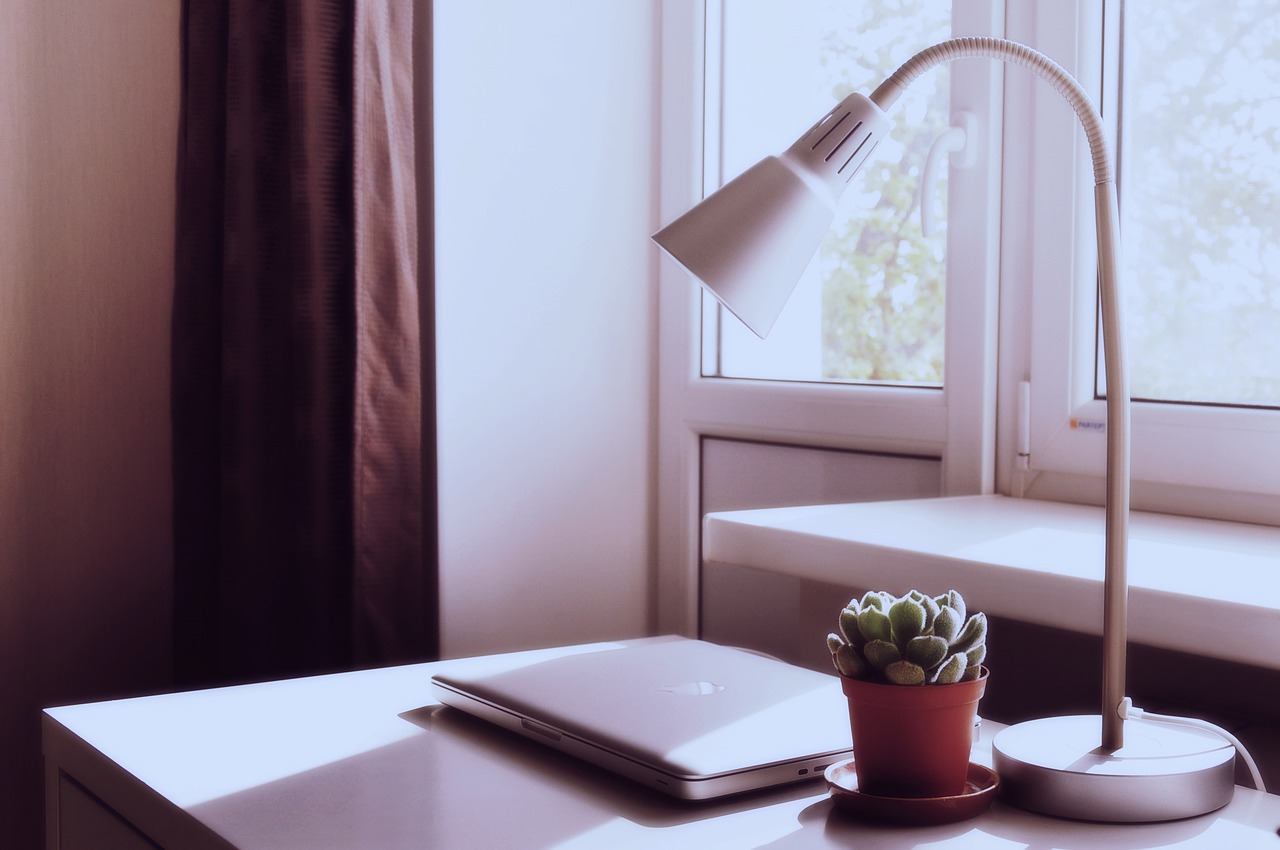4 Scientific Reasons Decluttering Leads To A Better Life
4 Scientific Reasons Decluttering Leads To A Better Life

Clutter: "a big amount of things that are not bundled in a neat or orderly way; a crowded or disordered collection of things".
I'm sure each and every one of us has a tale to tell about clutter. With the advent of mass consumerism; the amount we purchase, consume, and ultimately store (often out of sight) has increased drastically.
It seems that nosotros take developed an obsession with material possessions or "things", which, on the whole, don't serve u.s. at all. Perhaps at the time of purchase, we experienced that instant gratification. But very rarely, if at all, is that gratification sustaining.
The downside of this is that nosotros find ourselves cluttering upward our environment and our homes. Tied to this is a host of other bug. In the words of Bustle contributor, Carolyn Steber:
"Anyone with an overflowing closet or totally stuffed basement tin attest to the stress brought on by piles of junk. That's because not merely is information technology abrasive to look at, just it tin can dredge up and so many dissimilar emotions"
Steber goes on to say that when she looks at her messy cupboard she feels stressed virtually the lack of organization, guilty about the fact that she doesn't article of clothing half of what she owns, and confused as to what mode she is going for.
According to Jennifer Baumgartner Psy.D., in Psychology Today, ataxia can also have an immense psychological event.
"Clutter is non only a container for our memories just can exist a distractor for tackling deeper issues."
All the junk nosotros have is inextricably linked to other problems; information technology can concord us back from getting stuff done. Recognizing the fact that it's time to declutter is easy, merely actually getting it washed is a whole other feat. It can be an absolute job. What follows, nevertheless, is a host of benefits. Hither are four, according to scientific discipline:
Declutter for a brighter future
An detail can exist classified every bit clutter, not in terms of how it looks, only how it makes you experience. All the things we own are invariably attached to memories we take. When we wait at them we often become a sense of nostalgia. Sometimes these memories are practiced memories, and this is okay.
But often our possessions are associated with bad memories. Property on to such possessions only serve as a negative reminder of the past. It does non serve the states at all; only holds u.s. back from moving frontwards with our lives and creating a new, brighter hereafter. Declutter to assistance you lot let go of the past.
Declutter for lower stress and a peaceful mind
A contempo report from UCLA's Center on Everyday Lives and Families (CELF) institute that clutter has a deep-seated effect on our mood and self-esteem.
Notably, anthropologists, social scientists, and archaeologists found "A link between high cortisol (stress hormone) levels in female homeowners and a loftier density of household objects." Men didn't seem to exist bothered by this at all. Women were found to become more anxious as the dishes piled upwardly in the sink.
The research suggests that through decluttering we tin can reduce stress, become less anxious, and ultimately be more at peace.
Declutter for increased productivity
Ataxia has a profound affect on our brains. In a study conducted by Neuroscientists at Princeton University, researchers explain that the reasoning for this is that physical clutter in our environment competes for our attending, which negatively affects performance and induces stress.
Through decluttering and so there is less vying for our attention, our information processing is improved and we can focus better. Naturally, what follows is improved productivity.
Declutter for improved sleep
A recent study conducted by Pamela Thacher of St. Lawrence University suggests that ataxia and sleep loss are linked. More specifically, a link was found between hoarding objects and bad sleep quality. The report asked participants nearly their hoarding, sleeping, and ataxia and rated them on a "Clutter and Hoarding Rating Calibration". Of the 198 participants, 83 who were at gamble of hoarding disorder suffered from slumber latency.
Hoarding disorder is a disorder where people accumulate items, that they struggle to get rid of, which have piddling or no value to them. Sleep latency is the length of fourth dimension information technology takes from lying down to sleep until sleep onset.
Pamela Thacher mentions that hoarders already have problems with decision making and cognitive control (set of cerebral processes such as reasoning, problem-solving, etc). Lack of sleep is known to compromise cognition. It then follows that whatever existing risk for cognitive dysfunction, depression, and stress may increase with lack of sleep.
Declutter for an improved life
There is a host of bug associated with ataxia, from increased stress levels to other psychological effects. Decluttering tin be a chore, peculiarly as we often ascribe value to things based on associated memories. However, if we declutter what follows is a host of benefits, from greater well-existence, improved productivity, reduced stress, and a peaceful mind. Ultimately, nosotros improve our lives.
bardwellmosperwrongs.blogspot.com
Source: https://www.lifehack.org/428509/4-scientific-reasons-decluttering-leads-to-a-better-life
0 Response to "4 Scientific Reasons Decluttering Leads To A Better Life"
Post a Comment